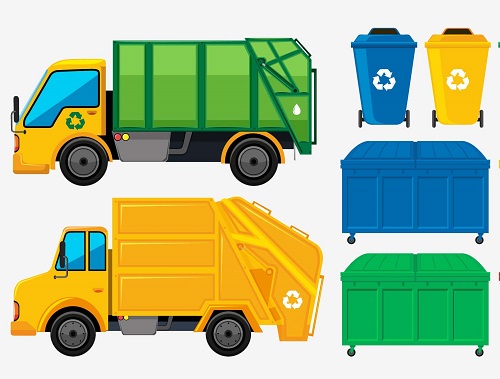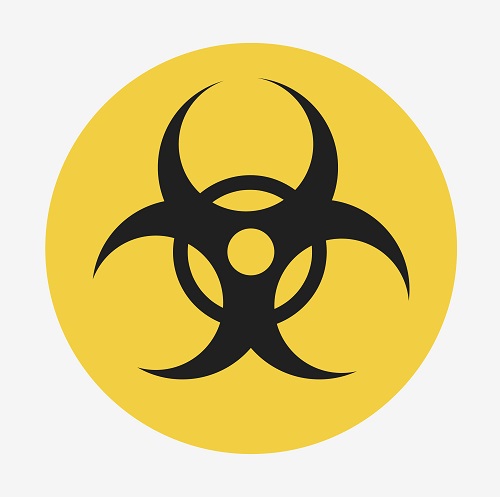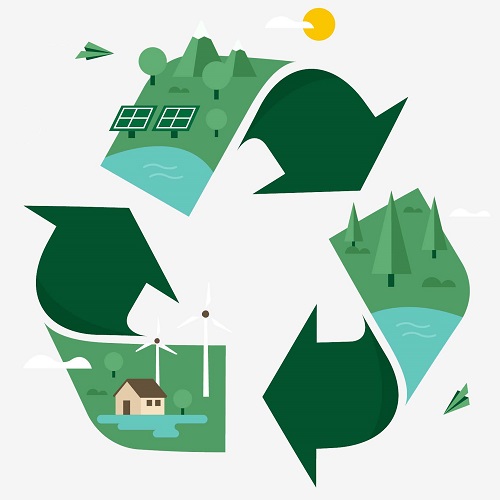Improper waste management is a menace to society, especially in developing countries. Relevant government agencies are putting measures in place to facilitate the proper disposal of industrial waste.
Destruction of the ozone layer, water, soil, and air population are some of the effects of poor waste disposal. Not to mention the deadly effects greenhouse gases can have on humanity and wildlife alone. The importance of embracing proper industrial garbage disposal habits has never been more important.
It is to that effect that manufacturing companies need to understand the do’s and don’ts of industrial waste management, to minimize the adverse effects of bad garbage disposal habits.

Do seek the services of a dumpster rental company
The importance of dumpster rentals cannot be underestimated. How else can you throw away tons of trash efficiently?
Normal trash bins are not enough to handle the large amounts of waste produced by many manufacturers and industries on a daily basis. As such, there is a growing need for dumpsters. Fortunately, dumpster rentals come in various sizes, ranging from 10-yard to 40-yard dumpsters. The one you should choose depends on the volume of debris you need to dispose of, the type of debris, as well as other factors.
Additionally, with dumpster rental companies, you can schedule pickups anytime, minimizing the accumulation of debris at your workplace.
Don’t mix hazardous materials with regular waste
Some companies produce hazardous waste that is detrimental to the environment. These materials, especially from chemical plants, require special handling and therefore, should never be mixed with regular waste.
If you are a chemical plant and produce hazardous waste regularly, you need to get a permit and abide by the hazardous waste regulations. Otherwise, you could face prosecution and possible legal sanctions on your business.


Recycle Regularly
Recycling is the best strategy for efficient waste management. Businesses, large and small, are embracing recycling as it is quickly becoming an additional revenue generator. Apart from increasing revenue, recycling plays an integral role in the reduction of waste in landfills. It has also created employment, especially those specializing in the DIY industry. A good example of recycling is using water bottles to create flower vases. What else do you have lying around that you can repurpose?
Don’t ignore laws on waste
States have different laws and regulations that govern the waste management industry. These rules are getting stricter by the year to discourage the illegal or improper dumping of garbage that is detrimental to the greater community. If you are a new business, before the start of operations, make sure you know the kind of waste you expect to produce. It is at such a time that you research the relevant laws governing the type of waste you produce and abide by them. Otherwise, you might incur hefty fines, have the business closed down, or face a possible jail term.

Conclusion
These are the basic dos and don’ts of industrial waste management. By abiding by them, we are assured of a safer environment for our children.
To further promote these healthy disposing habits, choose a reputable and professional waste management company that understands proper disposal methods for each of the types of waste.